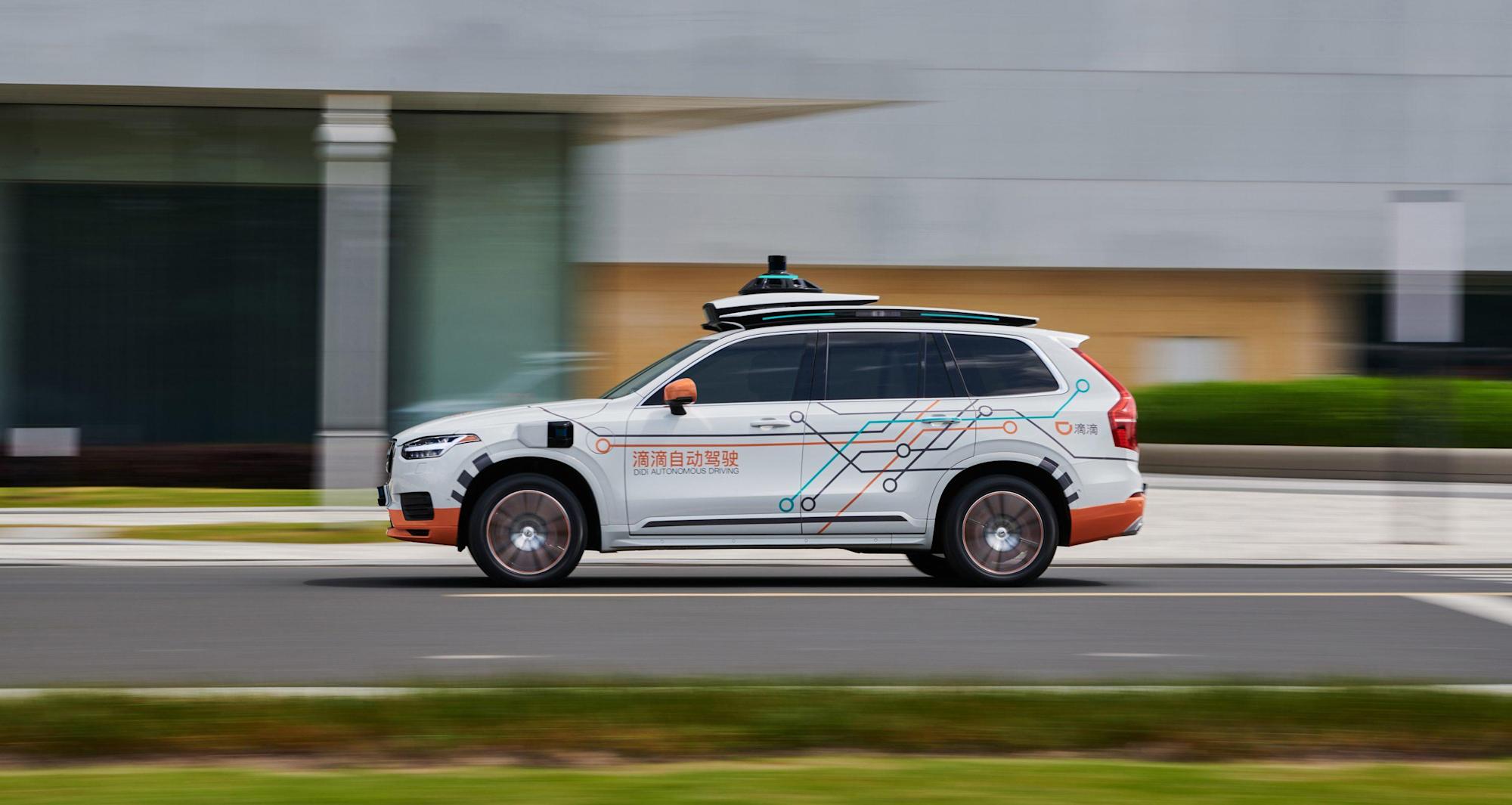Didi has announced plans to configure Volvo’s XC90 SUVs for its new fleet of autonomous vehicles to be deployed on Chinese roads. The global Robotaxi rollout of the ride-hailing app, which acquired Uber China in 2016, is in line with its business development strategy. The company continues to make investments in deploying autonomous vehicles to Chinese public roads. 
Volvo is owned by Chinese automaker Geely, since its acquisition in 2010. The Swedish automaker has a track record of safety and luxury in vehicle manufacturing. Didi will leverage this by combining its self-driving system, called Gemini, with Volvo’s safety and convenience features to produce a car that will no longer need safety drivers, with a backup to bring a car to a halt in situations of system failure.
Didi also offers a range of mobility services and added services like financial services to its drivers, and continues to expand. The company recently flagged its initial public offering of $100 billion, targeting research to enhance and expand its mobility service portfolio to include the driverless XC90 SUVs already customized for autonomous driving.
As should be expected, there is stiff competition in the world’s largest auto market for self-driving vehicles. The Robotaxis was pioneered by AutoX a couple of years ago, and some other companies have entered the market, offering a variety of services to a wide array of customers. Huawei last week also signaled its desires in the market with the unveiling of its homemade HarmonyOS operating system, thus opening new vistas in self-driving and autonomous vehicle development in China.
RELATED:
- Didi seeks to raise $6 billion for its self-driving unit: Report
- AutoX partners Honda to install its Autonomous Driving tech on Honda cars in China
- Volvo to halt car production in China and US in March due to chip shortage
(source)







